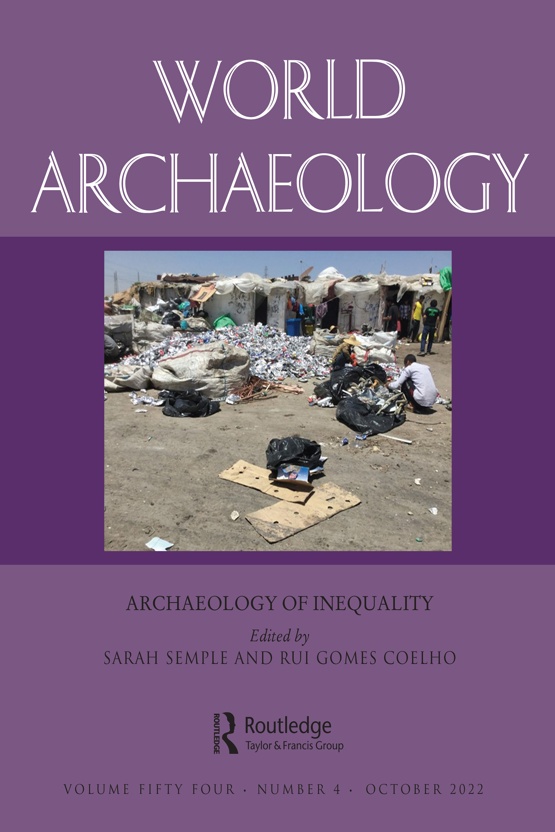Submit a Manuscript to the Journal
World Archaeology
For a Special Issue on
Sacred Flames: Archaeological Investigations of Fire in Ritual, Religion, and Cosmology
Manuscript deadline

Special Issue Editor(s)
Michael Chazan,
University of Toronto
michael.chazan@utoronto.ca
Edward Swenson,
University of Toronto
edward.swenson@utoronto.ca
Sacred Flames: Archaeological Investigations of Fire in Ritual, Religion, and Cosmology
The use of fire is a human universal. Most evolutionary research on fire privileges its role in adaptation, particularly the importance of cooking within the hominin lineage. However, human engagements with fire were complex and multiple and intertwined with ritual, religion, and cosmology. A venerated source of power, creation, life, destruction, and divination, fire secured center stage in many religious traditions, ranging from Vedic rites and Zoroastrianism to Shang pyromancy (oracle bones) and the early fire temples of the Andean preceramic period. Fire also commonly mediated relationships between divine powers, ancestors, and dependent mortals as demonstrated by rites of cremation and the burning of incense documented across cultures. The ubiquity of world myths on the “theft of fire,” exemplified by the legend of Prometheus, further reveals the ambivalent status of fire as a bridge linking ontological others.
In this volume, we invite articles that explore the intersection of fire and the sacred drawing on archaeological, historical, and ethnographic insights. Among the questions we will pose: were singular meanings attached to fire across cultures and time periods? How do the sensory aspects of fire, such as heat and smell, factor in the use of fire in ritual? Are there tendencies across religious systems to contain and channel the power of fire? Why is fire (immolation) a cross‐cultural vehicle of sacrifice and offering? As one of the primal elements, how does fire relate to other aspects of the environment such as water, air, the sun, and the earth itself? Finally, how can we explain fire’s common association with the eternal, the soul, and the genesis of life?
Beyond cross-cultural commonalities, how can archaeologists interpret the historically specific symbolism and ritual meanings of fire from archaeological contexts? How did the sacrality of fire differently condition its quotidian uses, including cooking, keeping warm, and diverse technological processes? In fact, fire has dramatically shaped the archaeological record as agent of both destruction and preservation. How can new techniques to detect and interpret the traces of fire improve our understanding of its ideological significance and technological affordances?
Submission Instructions
Please contact the editors in first instance with an expression of interest,
title and short abstract.

